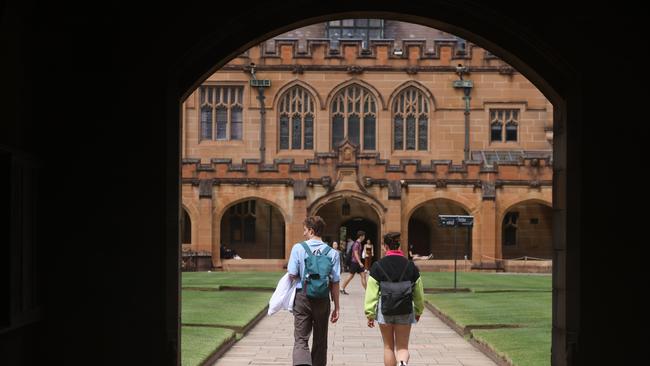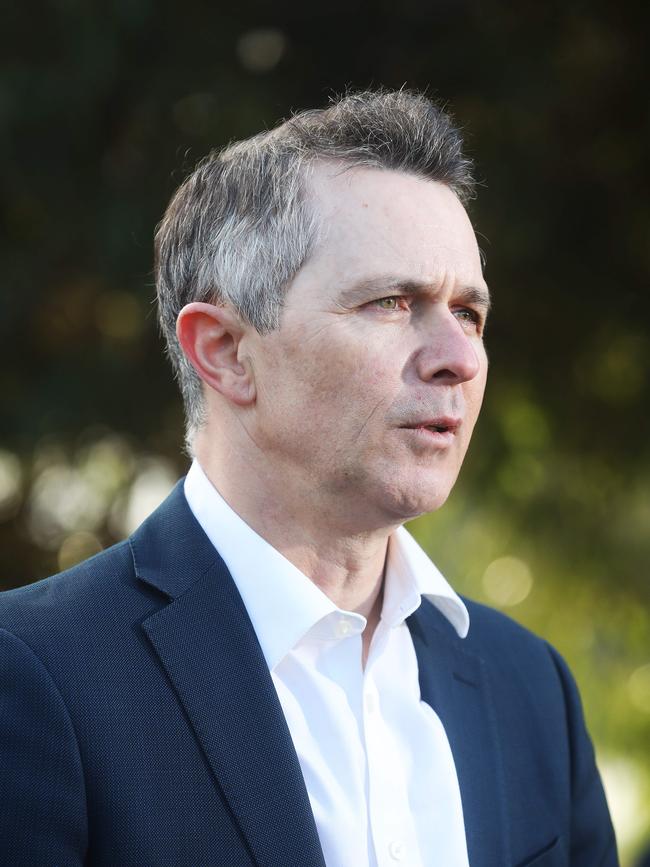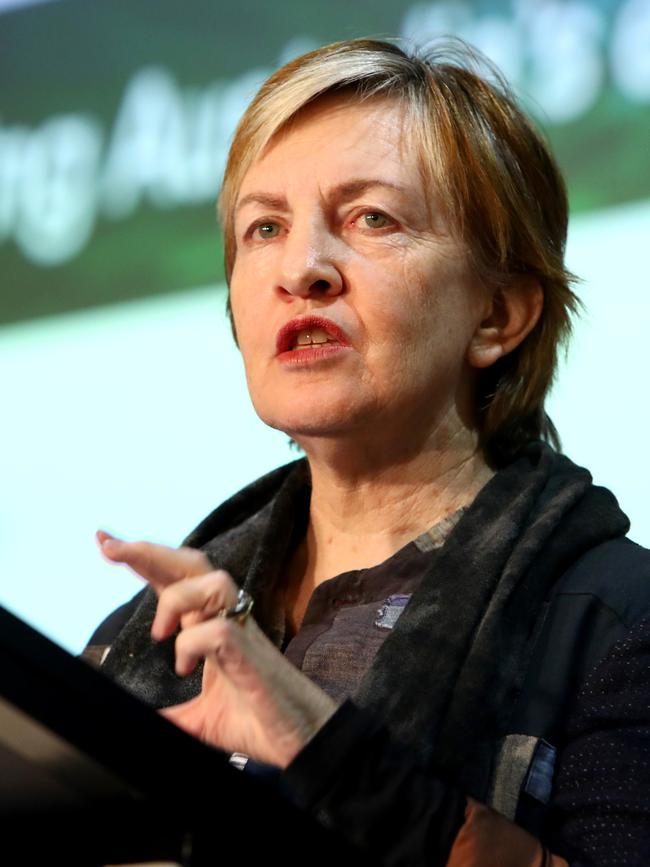Higher education accord demands political grit

O’Kane, who chairs the Accord panel, took him at his word, featuring an echidna on the interim report she handed the government this month, and which the minister launched last week.
There is no shortage of ideas – some big and spiky, many not so much – in the 144-page, closely typed interim report. It contains a bewildering array of proposals, suggestions and issues. There are well over 200 to my count, many of which, if carried through to implementation, would contradict each other.
The profusion of ideas is the result of the way the review has been conducted. O’Kane and her panel can’t be faulted for the energy, engagement and breadth of their consultations. But it is also reflects the fact O’Kane’s is the first proper review of higher education in Australia for 15 years, a period in which Australia and its system of higher education have changed enormously.
In 2008, when Denise Bradley conducted the last review, 32 per cent of Australians had a university degree; today it is closer to 45 per cent. Fifteen years ago there were just over one million students at Australian unis; now it’s 1.5 million. Within that period, international demand for Australia’s higher education has surged too. But, despite the growing number of students, the number of universities has stayed the same, forcing our universities to become among the largest in the world.
Universities have begun to occupy an ever more central role in Australian society and our economy, reflecting the accelerating technological, economic, social and geopolitical shifts that occurred during the second decade of this century.
As government funding for universities has flatlined, universities have been forced to become more entrepreneurial, finding other revenue sources to continue to invest in their research excellence, infrastructure and education resources.

Australia has the most universities in the world’s top 100 other than the US and the UK – a largely unnoticed and certainly under-appreciated national asset. Yet many Australians are uncomfortable with the more corporate-minded ways our universities have pursued excellence.
During all of this time, higher education policy and governance in Australia have operated largely on autopilot, largely reflecting the relatively low political salience of universities in Australia. The disconnect between the greater centrality of universities in Australian society and economy, and their low political salience, is explored in my recent book, Mind of the Nation.
The result of this disconnect has been poor higher education policy. No better example of this is the previous government’s “Job-Ready Graduates” package, which used crude re-weightings of the cost of degrees to try to channel students towards studying what it was believed the economy needs.
The result was to de-incentivise universities from teaching those very courses, while making no appreciable impact on student choices. It is a relief that O’Kane has recommended, and Clare has accepted, the need to scrap this disastrous policy.
The number and diversity of ideas and submissions in O’Kane’s interim report reflects the stresses that have built up over 15 years of rapid change and policy autopilot in Australia’s higher education sector. A cathartic release. The report identifies many of these: the underfunding of university research and infrastructure and the need for universities to cross-subsidise these foundational needs; the over-reliance by universities on casualisation as they struggled to accommodate surging student numbers and unpredictable demand; the growth in the size of universities with little attention to the need to adapt teaching methods and student experience and support, and; the slow privatisation of our public universities, with less than one-third of university revenue now coming from government grants.

How will all of this be refined by December, when O’Kane is due to present the final report to Clare? Good luck with that. It is made even harder by the fact that the challenge O’Kane and Clare have set their sights on is an enduring Universities Accord, “a dynamic partnership, providing a framework for shared stewardship of the higher education system”. Finding agreement and a common vision on the purpose and functioning of universities among that diverse group will require a fairly major miracle.
The biggest challenge for O’Kane and Clare lies between the case they make for the importance of universities to Australia’s future and our national political will to deliver on that vision. The report outlines a burning platform for why we must get our higher education sector fit for purpose by sketching a vision of Australia as a knowledge-based economy and society by 2050. It implies that unless Australia enables its universities to provide the underpinnings of such a society and economy, we are set for economic decline and irrelevance.
So the challenge is there, but is the money and political commitment? The government has shown it is prepared to spend large in terms of money and political capital on national security commitments – $386bn for nuclear-powered submarines, no less.
Is it prepared to be as bold with money and political capital to answer our national higher education challenge?
Michael Wesley is deputy vice-chancellor at the University of Melbourne. His most recent book is Mind of the Nation: Universities in Australian Life.



Earlier this year Education Minister Jason Clare urged Mary O’Kane and her panel working on the Australian Universities Accord Review to present him with “big, spiky ideas” about how to reform Australia’s higher education sector.